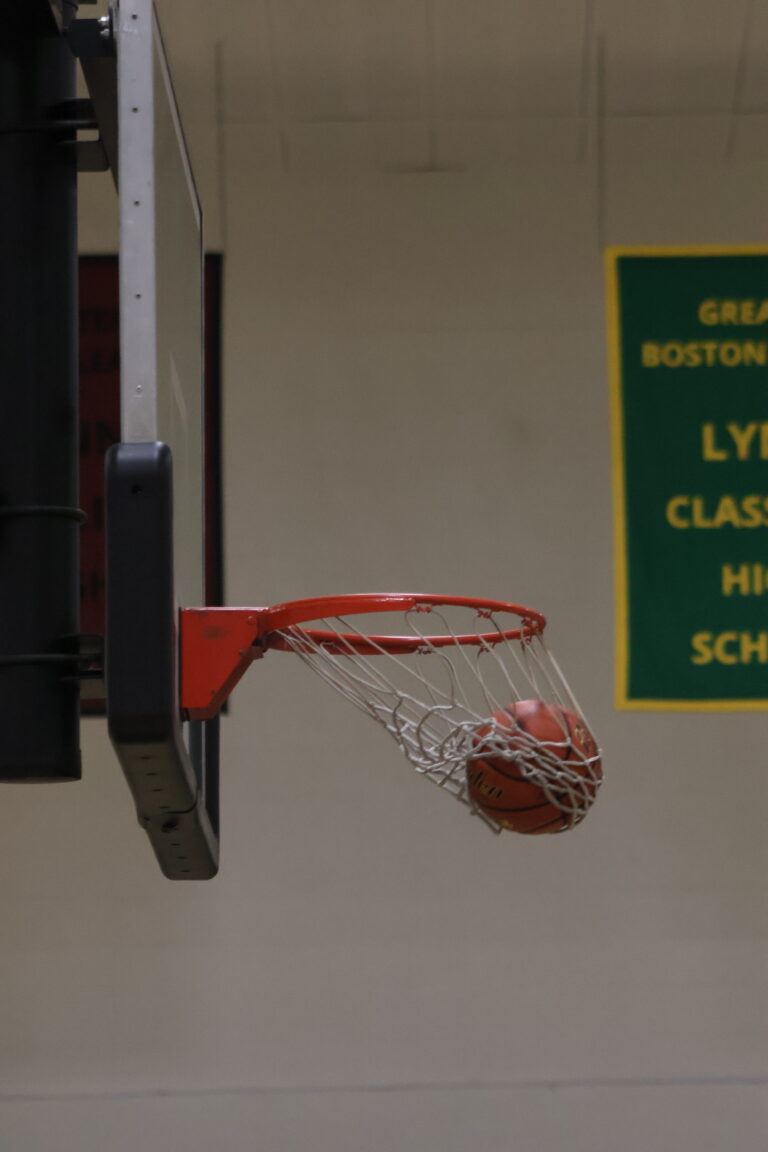In late 2016, the average person would most likely think he or she could drink tap water and feel safe. Unfortunately, some of Malden’s water lines are contaminated with lead. The lead is entering buildings from old brass fittings on pipes, or from water service lines that run from sidewalks into homes.
Lead can make it’s way into tap water if the service line is made out of lead. Usually, these pipes are made of iron or steel, but the majority of older pipes are made out of harmful lead. There is also the possibility that various houses or buildings throughout Malden also contain lead pipes.
According to the Malden Department of Public Works, the most recent lead test required 90% of tested homes in the city to be within the acceptable limits of lead in the water. Fifteen houses were tested in Malden. Only two of the fifteen houses were tested with higher levels of lead, placing Malden in the 87% percentile, instead of the accepted 90%.
Chances that Malden High School’s water is being contaminated with lead is now very likely. Just under two thousand students attend MHS, so the possibility of there being a significant amount of lead in the school’s water means a large portion of the student body could become ill due to possible high levels of lead in the water. Since it is unknown whether or not the water at MHS is contaminated, it is in the students’ and faculty’s best interest to not drink from the water fountains located around the school.
Lead has no known benefit to humans, but does put their health at risk. Ingesting an excess amount of lead can damage various systems in the human body, including the nervous and reproductive systems. It can also damage the kidneys, and cause high blood pressure and anemia. Most effects of lead exposure are irreversible, from learning disabilities, to behavioral problems and intellectual disability.
Malden is under a Department of Environmental Protection Consent Order, which requires two hundred lead water service lines to be replaced within the city. These are the large lines that run under the streets. Malden alone has about 12,000 of these lines and in 2011, Malden was required to replace 1,000 of them. They have replaced 2,500 since then.
Hopefully in the near future the Malden DPW can fix this issue with lead, and confirm whether or not MHS is contaminated. Lead can be an extremely hazardous metal, and the health effects it has on humans are drastic.






